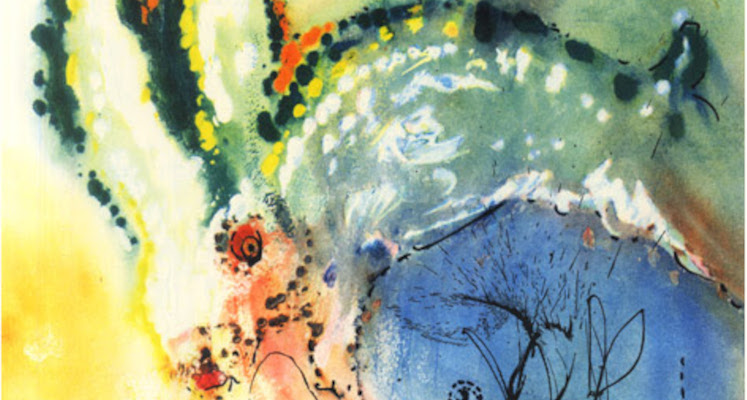Pylon by William Fauklner
In a fictional New Orleans that Faulkner calls "New Valois".
Upon a literal reading of Pylon, we see a kind of festive atmosphere. We are dragged through debauchery, though most is imagined or promised and mainly in the mind of the main character; while the main character and many of the others are approached dirisively. The mother figure we meet as a woman, but immediately she is standing in front of the reader removing her dress and suiting-up in mechanic's coveralls. Then, we follow the entire group around under the heading of the newsman's desire to see or take part in the debauchery of the group. This never truly transpires, and in the end, the newsman is the only figure at all debauched, inebriated on doped moonshine and left alone. When the women becomes a sex symbol to the world around her, there are dangers. She is escorted away under cover of darkness, in secret, with new bruises on the inside of her thighs. The result of that arc is a night landing in a distant pasture, in which the airplane is toppled onto its side after colliding with a cow.
But the literal reading is teased from chapter two, when Faulkner writes two sentences in two pages, writing about the creepish, mortified aspect of the newsman. Later, at the end of the story, after the family unit has failed, along with everything else, the newspaper editor finds the teased article from earlier, of which in chapter two we were teased with but mere letters from the some of the words(not a whole world, much less a single phrase). And what the creepish newsman wrote in a single paragraph was brilliant, uplifting, inspired prose, referring to the aviator from earlier. It is left thought with the reader that the half-dead ghastly reporter would be rehired by his boss, redeemed by a single paragraph at the end of the book.
The best work of professional criticism that I have seen on this book is summed-up in one word. This is why I do not try a lot of reviews or criticism, because I often do not try to find the lowest-common-denominator or the most succinct few words to describe a work. The best description of the book is one word: "cubistic". Throughout the work this is evidenced not as much by shifting points of view, but actual shifting perspectives on the characters, such as earlier when the women is a regular woman, an aviation mechanic, a foggy sex symbol, then sexually distressed, then almost a prisoner, then a airshow daredevil, a mother, then not a mother. We can not, just as the newsman attempts with the flying team, pin down anyone, even the newsman himself, as he too has conflicting motivations in the story.
And we are only left with a media epitaph left behind by the reporter after he is supposedly fired.
And, thankfully, the work is redemptive, and mentions nary a jot about the sexual debauchery that drove the newsman to hound the flight team throughout the book. In the end, it is almost like part of the reporter knew it would all turn out well on his end, after the flying group had gone away, and that despite any damage the reporter might do to himself in the interim.
Subscribe to:
Posts (Atom)
"vapid certitude", Boxey and Odetta, and the Jazz Workshop album.
Could it be, Lucillus, that idleness is the mother of invention? And all our courage is really but the vapid certitude of an empty brain? I...
-
fearsickles crisps at the nose the corner of the eyes even the crack of one's thoroughly lost and snowblind buttocks godforsaken blizzar...
-
Terri Savelle Foy of Terri.com was on the tube talking over goals, and it was becoming plain to me that I was not focusing for one thing,...
-
The Farmer in the Dell, Kieler of the Harris. Don said, "I aver also." Memphis Minnie and Murfeesboro Jimmy Jam. "White Ass...



No comments:
Post a Comment